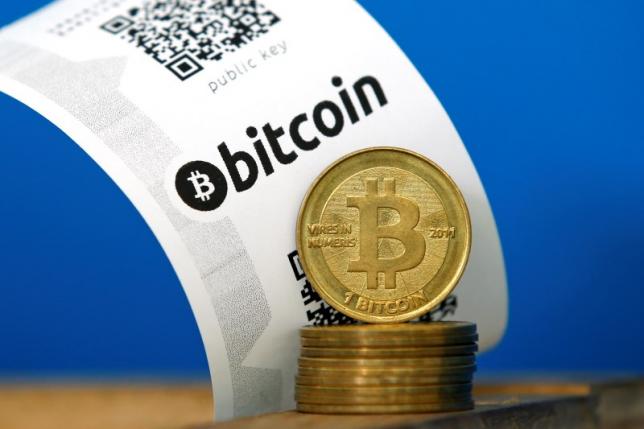Start-up aims to remove abuse and illicit from Bitcoin

Block those who want to use Bitcoin for illegal activities: is the project of the London-based startup Elliptic using instruments that reduce the anonymity of those who use the virtual currency; if it worked, it should help to identify those who trade child pornography. Meanwhile in the US, Coinlab thinks he has found a way to reduce the anonymity of those who use the BTC.
As reported by Reuters, Elliptic has already proved a solid reality in BTC world, and counts among its customers a number of the largest US and European exchanges. The company is also a regular consultant of law enforcement, in those surveys that include digital currency. A curriculum that, according to the KPMG consultants, Elliptic offers a unique role for this particular mission.
It will require monitoring transactions on blockchain and associating the data provided by the Internet Watch Foundation. If at a certain time is detected a congruence, the alarm is triggered. "In recent years we have seen an increase in the use of Bitcoin for the purchase of materials that show abuse of minors," says Susie Hargreaves IWC, "Our new partnership with Elliptic is imperative to help address the problem." Representatives of Elliptic then add that if it is true that the use of BTC for illegal activities is increasing, the incidence of total transactions is falling.
The operation will still be complicated because the nature of Bitcoin helps its users to remain completely anonymous. Exchanges from one person to another does not involve the use of first and last name, but only to unique addresses. But according to US Coinlab it is possible, at least in some cases, reduce anonymity and identifying the person who is using Bitcoin for illicit purposes.
In particular, Coinlab developed the Oden blockchain software to monitor for suspicious transfers – in this case you focus on theft and fraud. Oden does is try repeated addresses, in the long run may create a pattern and lead to the identity of the person. While not obvious, it is focusing on the fact that few often change the address, considering the sufficient level of anonymity achieved. In both cases, however, the effectiveness of these projects remains yet to be assessed.

